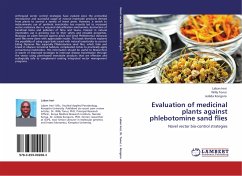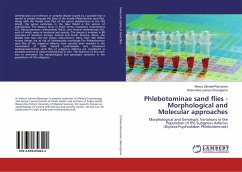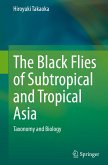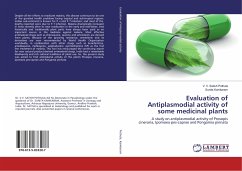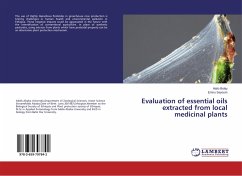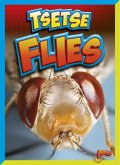Arthropod vector control strategies have evolved since the primordial introduction and successful usage of natural insecticide products derived from plants to control a variety of insect pests. However, a switch to indiscriminate use of synthetic insecticides has recently led to increased vector resistance due to acquired detoxification mechanisms, destruction of beneficial biota and pollution of flora and fauna. Interest in natural insecticides use is growing due to their safety and enviable properties. Bioassays on plant extracts against adult and larval Phlebotomus duboscqi sand flies were done with appreciable results. This book therefore explores the possibility of using sugar baits raced with natural insecticides to control biting Dipteran flies especially Phlebotomine sand flies, which hide and breed in obscure terrestrial habitats, complicated niches to practically apply convectional insecticides. This information should be useful to Researchers in search of improved strategies to interrupt disease transmission through the vector using plant-based insecticide products that are effective and ecologically safe to complement existing integrated vector management programs.
Hinweis: Dieser Artikel kann nur an eine deutsche Lieferadresse ausgeliefert werden.
Hinweis: Dieser Artikel kann nur an eine deutsche Lieferadresse ausgeliefert werden.

